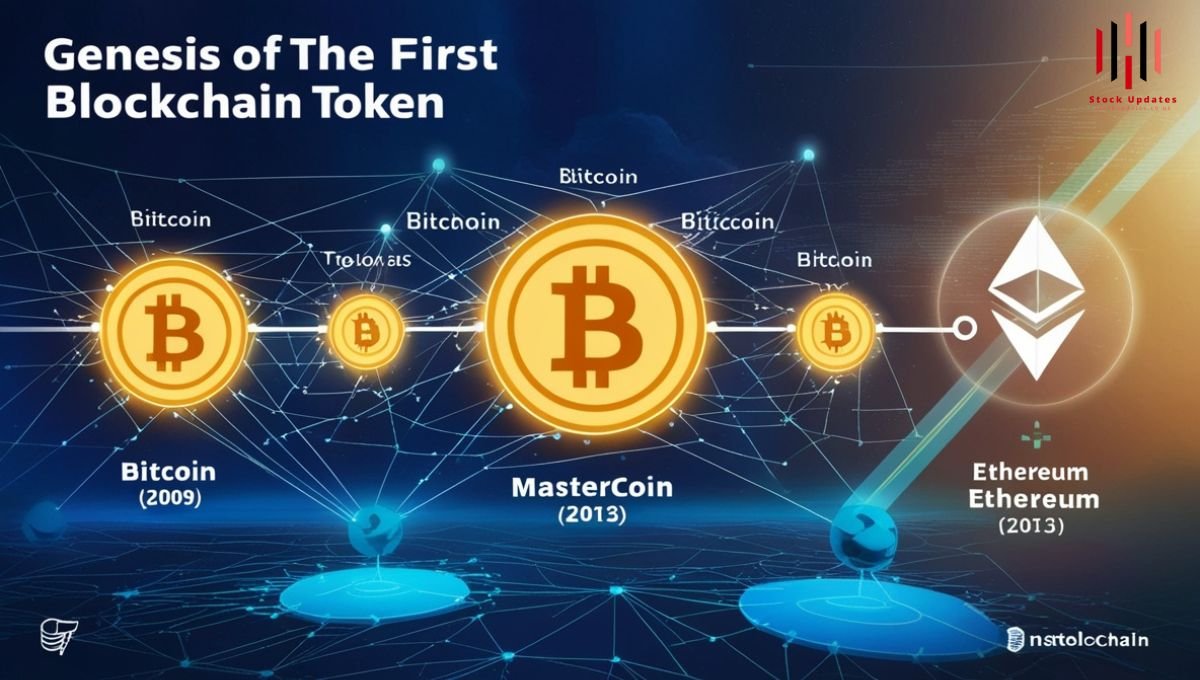Genisis of First Token: Improving the Technology with Revolutionary
This was mainly Genisis of First Token through the generation of the first token that began the process of decentralization of value in the blockchain system. This has set up the foundation for a decentralized financial system process that has impacted industries beyond the financial sector. In this blog post we discuss the basics of the first token and its origins, functionality and purpose.
What is a Token?
In terms of blockchain, a Genisis of First Token is an asset established in the form of a token to operate on a blockchain. Tokens can have many utilities: they can function as money, be used as a means of owning other assets, or act as a key to particular services.
There are two main types of tokens:
1. Fungible Tokens
These are both movable and separable assets, similar to blocks (bitcoin or Ethereum, and so on).
2. Non-Fungible Tokens (NFTs)
In their essence they are used for the special and non substitute assets such as art or collectibles.
The Birth of Bitcoin: The First Cryptocurrency

However, it will be relevant to note Bitcoin’s Genisis of First Token contribution toward the introduction of tokens before going over the first token. Since its creation by a hidden figure of Satoshi Nakamoto in 2009, Bitcoin is a decentralized form of currency that uses blockchain to process secure transactions.
Genesis of the First Token: Mastercoin (Now Omni Layer)
The tokens as we understand them now were first introduced in the appearance of Genisis of First Token Mastercoin in 2013.
Key Milestones of Mastercoin
- Launch Year: 2013
- Objective: To build an autonomous financial world on Bitcoin.
- Funding Mechanism: Mastercoin adopted the idea of Initial Coin Offering (ICO), whereby the distribute Mastercoins (MSC) in exchange for Bitcoin.
The Ethereum Revolution
Beyond Bitcoin, the Ethereum blockchain which began in 2015 I extended the notion of tokens by introducing the ERC-20 standard. In contrast to Bitcoin, Ethereum created an opportunity for launching dApps and establishing tokens using a single platform, not a new blockchain.
Differences Between Mastercoin and Ethereum:
| Aspect | Mastercoin | Ethereum |
| Blockchain | Built on Bitcoin | Native blockchain |
| Purpose | Protocol for smart contracts on Bitcoin | Comprehensive dApp and token platform |
| Token Standard | No standardized token model | ERC-20 standard introduced |
| Key Innovation | First ICO | Smart contracts and scalable tokenization |
Importance of the First Token
The creation of Mastercoin set a precedent for the blockchain industry, introducing concepts that remain integral today:
- Smart Contracts: Tokens helped to potentially create the framework of the programmable agreement.
- Decentralization: Tokens enabled building of distributed structures and changed numerous sectors from finances to gaming.
Modern Implications

Starting from stablecoins through utility and governance tokens the use cases are endless. Establishing the first token led to the growth of Decentralised finance [DeFi], NFTs and Web3.
Conclusion
Genisis of First Token originating from the first ever token was more than an innovation in technology, it is the dawn of a new finance. Mastercoin was the first to demonstrate the power of the technology with its help, and Ethereum took it even step further. Today, tokens are still in the process of leading the decentralized revolution as they create the digital economies of tomorrow.
Read more About Blockchain & Crypto and other categories At Stock Updates.
























Post Comment